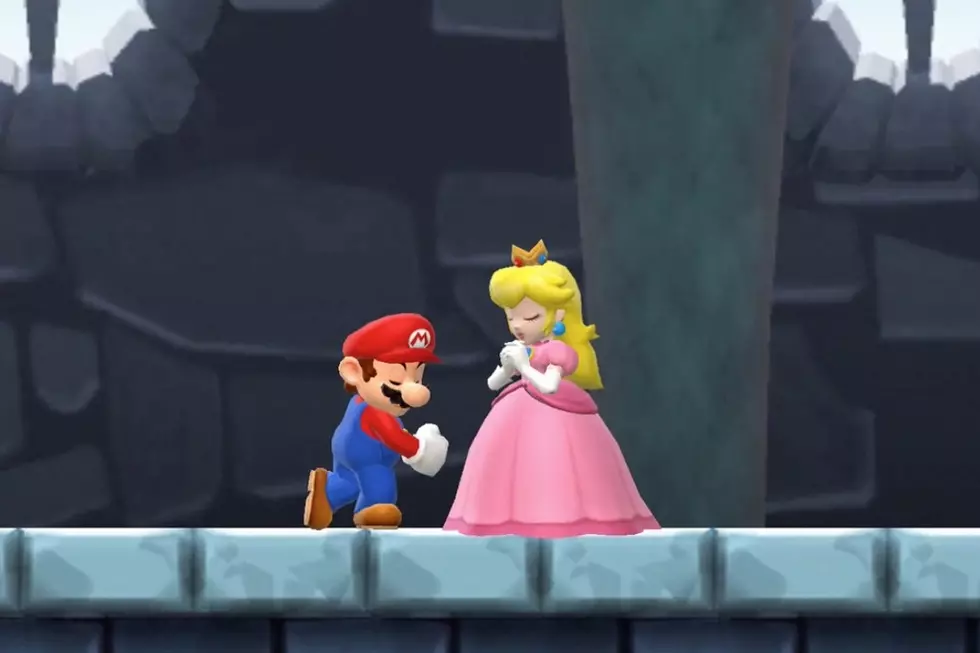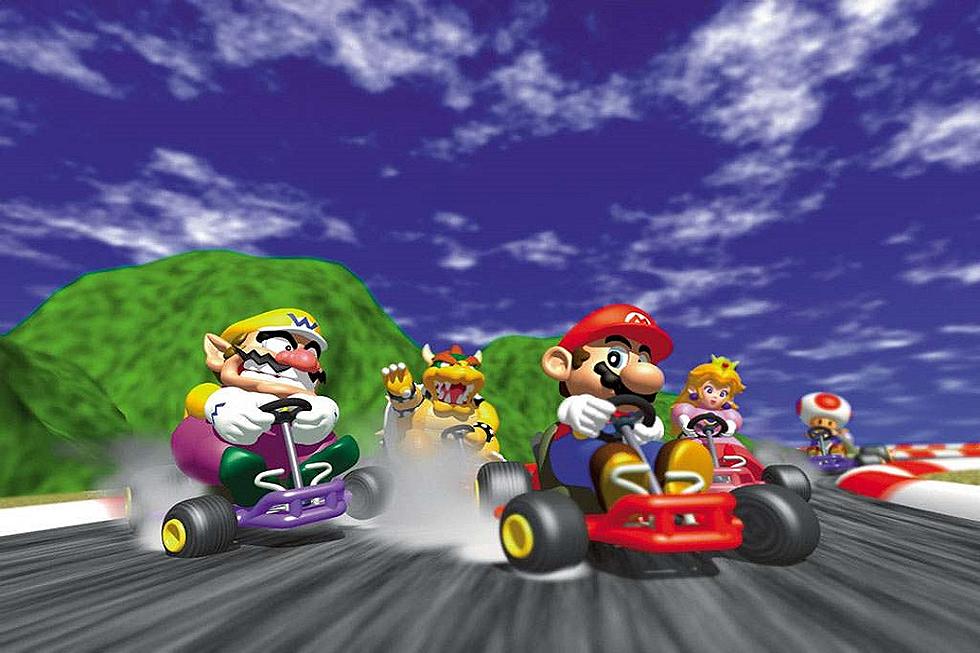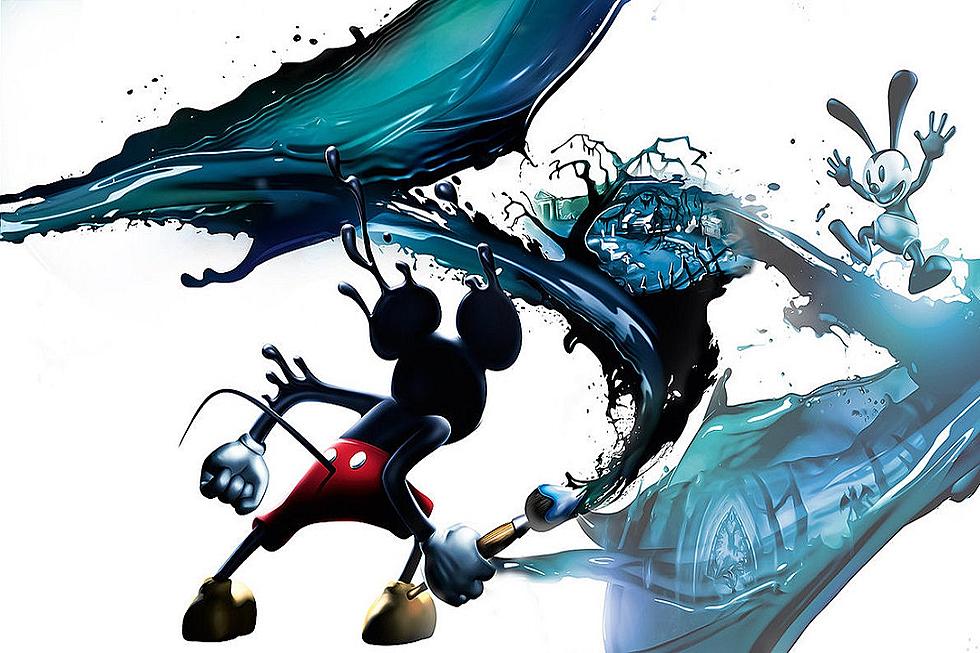
Commander Shepard Died For Us: Looking Back at Mass Effect 2
On January 18, 2010, millions of gamers were shocked, as BioWare killed Commander Shepard in the opening scenes of what is arguably one of the best action-RPGs of its generation, Mass Effect 2. Three years prior, BioWare shocked the world with the release of the first Mass Effect. Commander Shepard's first adventure was imaginative, otherworldly and broke many boundaries in the genre. It also told a cohesive story that rivaled most major sci-fi Hollywood films.
Director Casey Hudson and the BioWare squad knew they'd have to do something even grander than before. The crew decided to create lots of side stories that were just as engaging as the primary arc. Most of these side missions revolved around recruiting a Suicide Squad-like group of ragtag adventures who would be willing to go on what is most likely going to be a one-way trip into Reaper territory. Outside of gathering your elite squad and increasing rapport with them, there's not much else to the game, other than a few major encounters with the Collectors, which are remnants of the Prothean forces that were decimated and controlled by the Reapers.
BioWare shocked us all by destroying the Normandy ship and killing Shepard in the opening scenes of the game. Of course, we knew Shepard would come back somehow, but not at what cost. Shepard was brought back to life by Cerberus, the pro-human group that was a minor faction in the first game, as we found out the Illusive Man (who runs Cerberus) wants humanity to survive the inevitable Reaper invasion, by any means necessary. He gives Shepard a new Normandy ship, some new sidekicks, and dossiers on potential soldiers to sign up for his cause to venture into the Omega-4 Relay and stop the threat of the Collectors and the Reapers. We ended up bumping into lots of old friends, recruiting former comrades, and seeing the seedy underworld of Omega, which was a huge contrast from the pristine and polished areas of the Citadel.
Even more surprising were the changes made to the gameplay. BioWare was listening to the complaints about the first game. As a result, the combat and shooting mechanics were completely overhauled. The unlimited ammo was gone. Every gun had different stats to them in terms of damage, accuracy, shots before overheating, rate of fire, power, etc. Specific abilities allowed you to bestow special abilities to your bullets, such as armor-piercing ammo or ammo that specialized in whittling down shields. You had to use rapid fire-esque weapons and shotguns to take down shielded enemies and high-powered handguns and sniper rifles to get through armor. On top of that, Biotics, the "magic" of the Mass Effect series, were completely overhauled to make you feel significant if you decided to specialize in it. Combat also involved a brand new cover system, which encouraged you to choose your shots wisely and focus on where you assigned your comrades to during a firefight.
Ultimately, Mass Effect 2 was a near-perfect game, earning rapport with fans and reviewers alike across the board. Some weren't happy on the changes made to the game., in particular the lack of changeable armor for all your other party members. Nevertheless, Mass Effect 2 was a high point for BioWare. While Mass Effect 3 debuted two years later to a very controversial ending to the Shepard trilogy, it didn't make the same groundbreaking contributions to the series that the middle game did. It's surprising to see that the second game of a trilogy is its best entry, when it's usually the first and third game that outdo the middle one. Nevertheless, we'll never forget just how great Mass Effect 2 was for deconstructing the wheel and giving us something completely new.
More From Arcade Sushi









